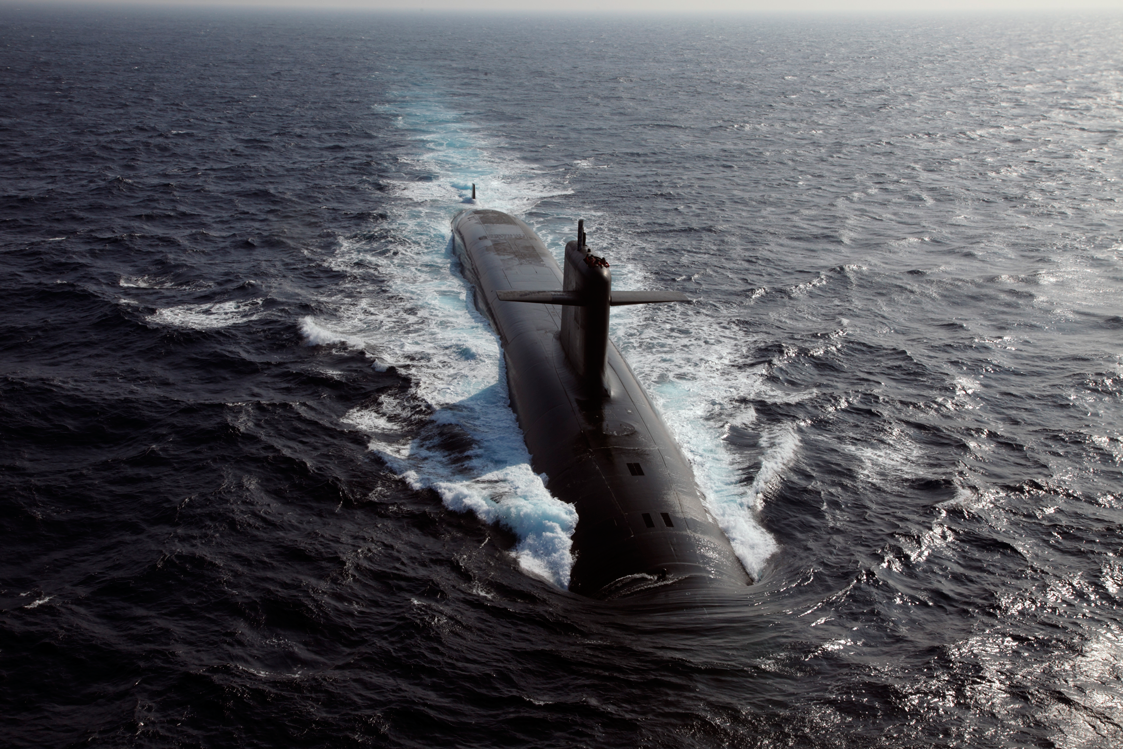
France’s Choice for Naval Nuclear Propulsion: Why Low-Enriched Uranium Was Chosen
This special report is a result of an FAS task force on French naval nuclear propulsion and explores France’s decision to switch from highly-enriched uranium (HEU) to low-enriched uranium (LEU). By detailing the French Navy’s choice to switch to LEU fuel, author Alain Tournyol du Clos — a lead architect of France’s nuclear propulsion program — explores whether France’s choice is fit for other nations.
https://issuu.com/fascientists/docs/france_s_choice_for_naval_nuclear_p
The last remaining agreement limiting U.S. and Russian nuclear weapons has now expired. For the first time since 1972, there is no treaty-bound cap on strategic nuclear weapons.
The Pentagon’s new report provides additional context and useful perspectives on events in China that took place over the past year.
Successful NC3 modernization must do more than update hardware and software: it must integrate emerging technologies in ways that enhance resilience, ensure meaningful human control, and preserve strategic stability.
The FY2026 National Defense Authorization Act (NDAA) paints a picture of a Congress that is working to both protect and accelerate nuclear modernization programs while simultaneously lacking trust in the Pentagon and the Department of Energy to execute them.